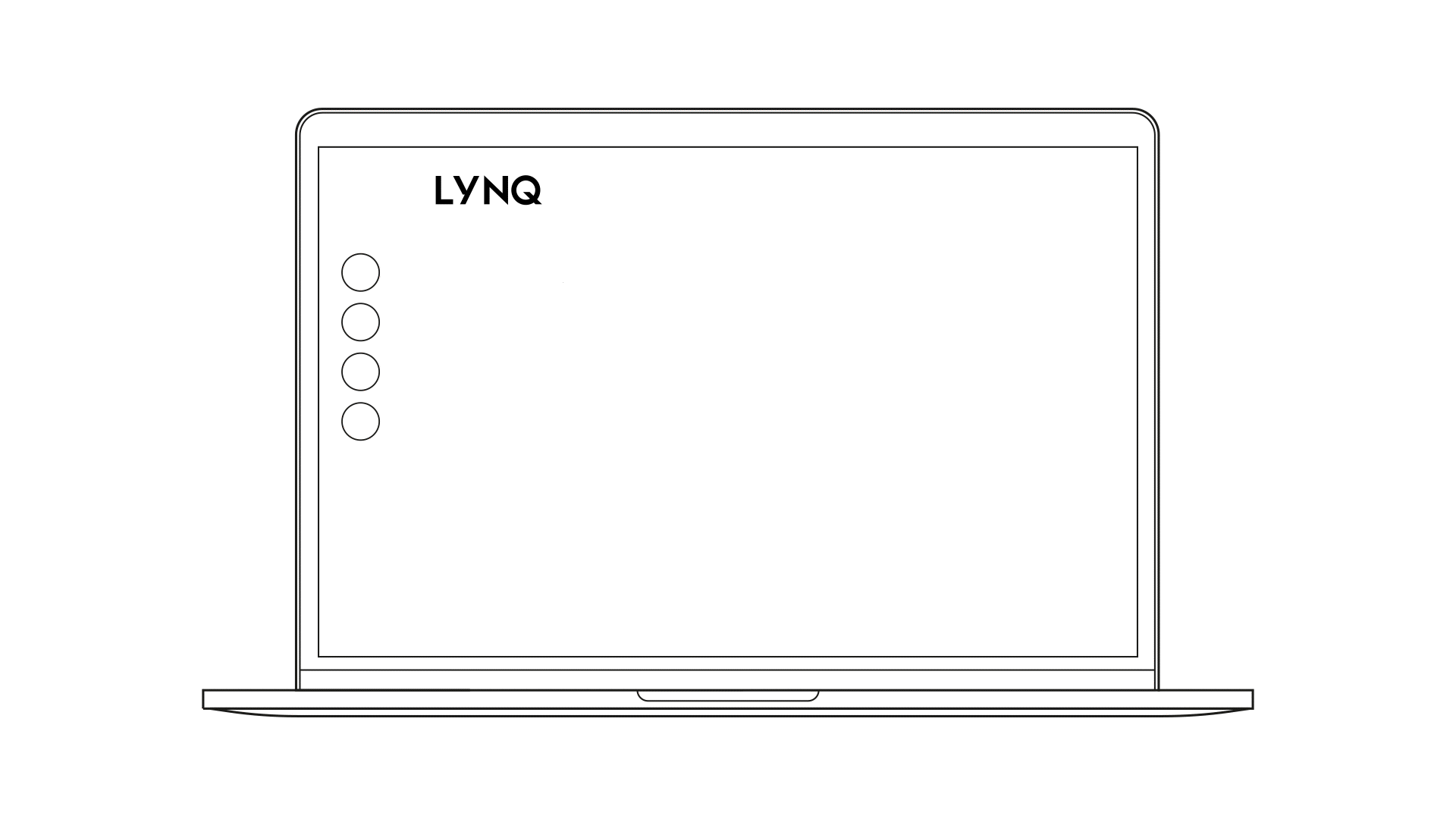How to optimise processes with effective scheduling
In the challenge series, we delve into the most common challenges facing manufacturers today and how they can be solved. The first challenge:
How to optimise manufacturing processes, with effective scheduling, for maximum output?
Are you a manufacturer with a challenge you would like our experts to solve? Get in touch here or share your challenge on LinkedIn/ Twitter via #ChallengeLYNQ
The manufacturing challenge
How to achieve an optimised schedule that maximises output, minimises loss and uses available manufacturing resources in the most efficient way possible. This can be time consuming and difficult to achieve using manual processes such as excel spreadsheets or whiteboards, plans are difficult to share with the team and are out of date as soon as they are produced. It is difficult to achieve JIT (just in time) manufacturing and hard to analyse where process improvements can be made.
The solution
The simplest way to resolve this challenge is through the effective use of manufacturing technology. An MES solution that includes Advanced Planning and Scheduling functionality will equip a manufacturer with the tools they need to be able to optimise their schedule. A full MES solution, such as LYNQ MES, includes all features a manufacturer needs to plan, track, automate, analyse and optimise. This means a manufacturer can have a detailed, accurate schedule which will outline how long it takes to produce an item, uncover areas of loss, reveal where savings can be made and implement process improvements.
Without the ability to collect accurate data on your manufacturing resources, it is difficult to optimise your production schedule effectively. By using one solution for manufacturing data collection as well as advanced planning and scheduling a manufacturer gains visibility into their resources that can then be used to create the most effective schedule for production possible.
A manufacturer is able to analyse planned vs actual production numbers, know exactly the materials that are needed to be ordered to fulfil their production schedule and share all of this online, via a web and mobile accessible interface.
For example, through machine data collection a manufacturer could uncover the fact that they can produce 50 items per day on one machine.
They may have previously been using 2 machines to produce these same 50 items but with visibility into the time it takes to set up the second machine and knowing that can produce 50 items per day on one machine, they can eliminate this set up time and optimise the use of the first machine.
The second machine can then be used for additional orders, perhaps jobs that it is more suited to than the first machine, maximising the production output and minimising manufacturing operational downtime.
LYNQ MES integrates with a manufacturer’s ERP (such as Acumatica, SAP Business One, MYOB, IFS, SAGE X3 or ECi Macola) to:
- Maximise loading of resources
- Provide the ability to achieve higher levels of order fulfilment
- Increase the utilisation of resources (employees and equipment)
- Increase the overall factory output through optimising manufacturing workflow, improving manufacturing processes and reducing lead times
= Maximised Output
Download the full 30 mins demo of LYNQ MES planning and scheduling

